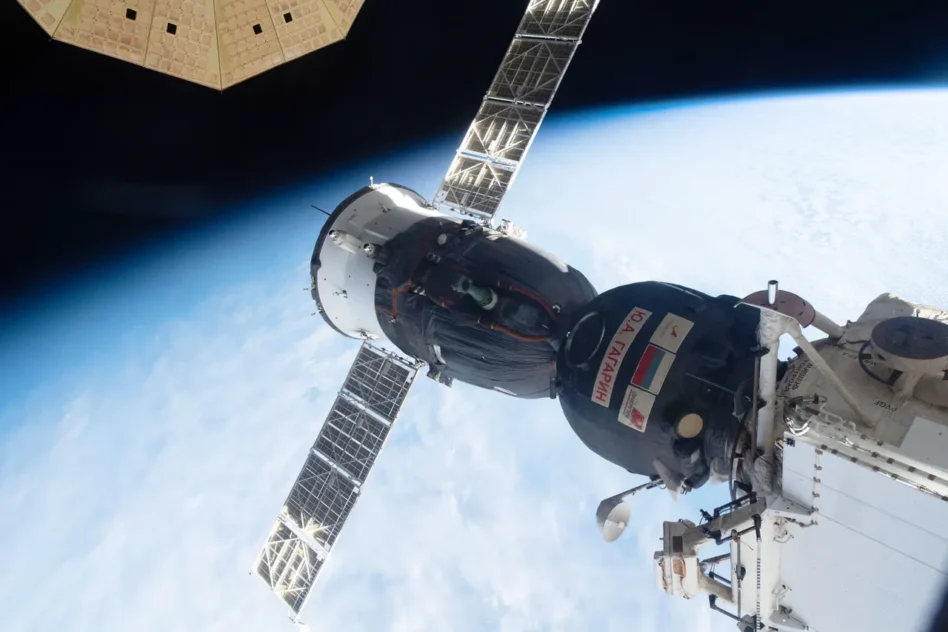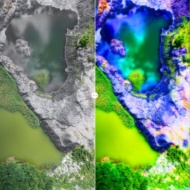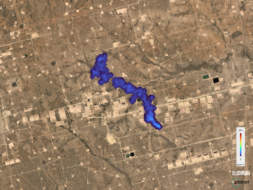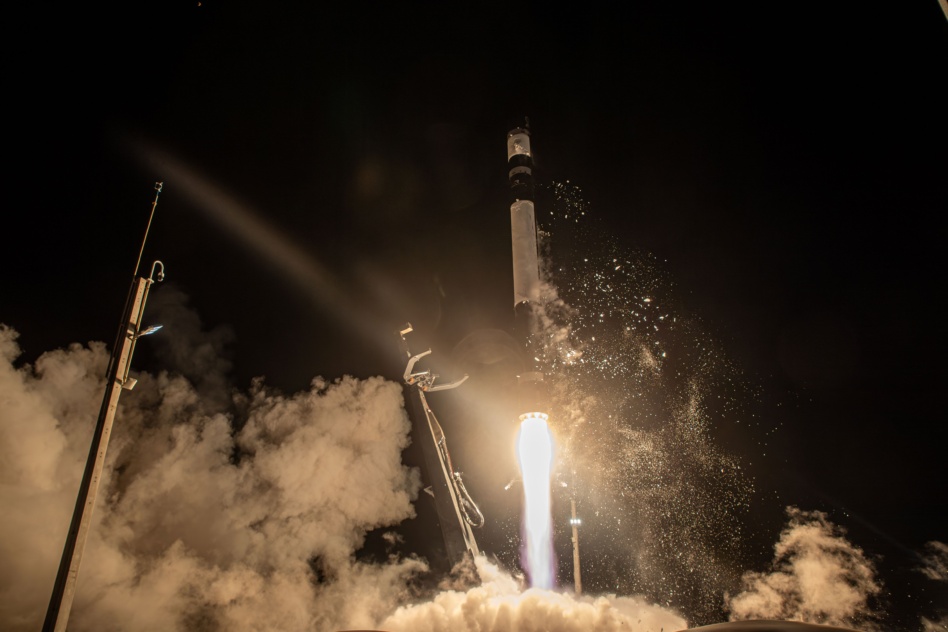After an uncharacteristically public back and forth between the administration and Capitol Hill, the White House confirmed last week that Russia is developing a “troubling” anti-satellite capability.
The news comes nearly two years after Russia invaded Ukraine, sparking international sanctions that harmed the nation’s economy, including placing a strain on its once-great space program.
ICYMI: Last week, House Intelligence Committee Chairman Rep. Mike Turner (R-OH) released a statement urging the administration to declassify information about a “serious national security threat.” Hours later, ABC News reported that the threat had to do with Russia working to send a nuclear weapon to space.
“There is no immediate threat to anyone’s safety. We are not talking about a weapon that can be used to attack human beings or cause physical destruction here on Earth,” national security spokesman John Kirby said last week, while also acknowledging that an attack in space could wreak havoc on everything from banking to commerce to transportation.
Next steps: The White House has already reached out to Russia, but “we have not secured actual conversations at this point,” Kirby said. White House officials will also brief senators on the threat when they return to Washington later this month, following a briefing for top House lawmakers with National Security Advisor Jake Sullivan last week.
Money problems: Russia’s space agency, Roscosmos, relies on both government funding and revenue it makes from commercial deals, most notably, launches of its workhorse Soyuz rocket. But since the war in Ukraine began, “sanctions have effectively cut off Russia’s launch business with the West, dramatically cutting into the agency’s budget,” said Clayton Swope, deputy director of the Center for Strategic and International Studies’ Aerospace Security Project.
Beyond the sanctions, Moscow created other problems for itself, including seizing $50M worth of OneWeb satellites in 2022 that were expected to launch aboard Soyuz before the conflict.
“That sent a huge signal through the global space industry that Russia was not a trustworthy launch partner. And since then, we’ve seen the commercial launch demand that had formerly gone to Russia shift to other providers, notably SpaceX,” said Brian Weeden, chief program officer at the Secure World Foundation.
Add to that a series of Russian space tech failures over the past year, including a failed attempted robotic lunar landing and a series of leaks on its module of the ISS.
Down, but not out: While Russia’s space program has faced obstacles, Swope warned that doesn’t mean developing a nuclear ASAT capability is out of reach for Moscow.
“Russia’s status as a space power today is built on a bedrock of Soviet technology and Soviet mindsets,” he said. “Nuclear tech…feels like an area where they might be comfortable and have a lot of technicians or engineers who have expertise in that area.”
Russia has also made two recent space investments, Swope said: the construction of the Vostochny Cosmodrome and the development of the Razvyazka space-based early warning system.





